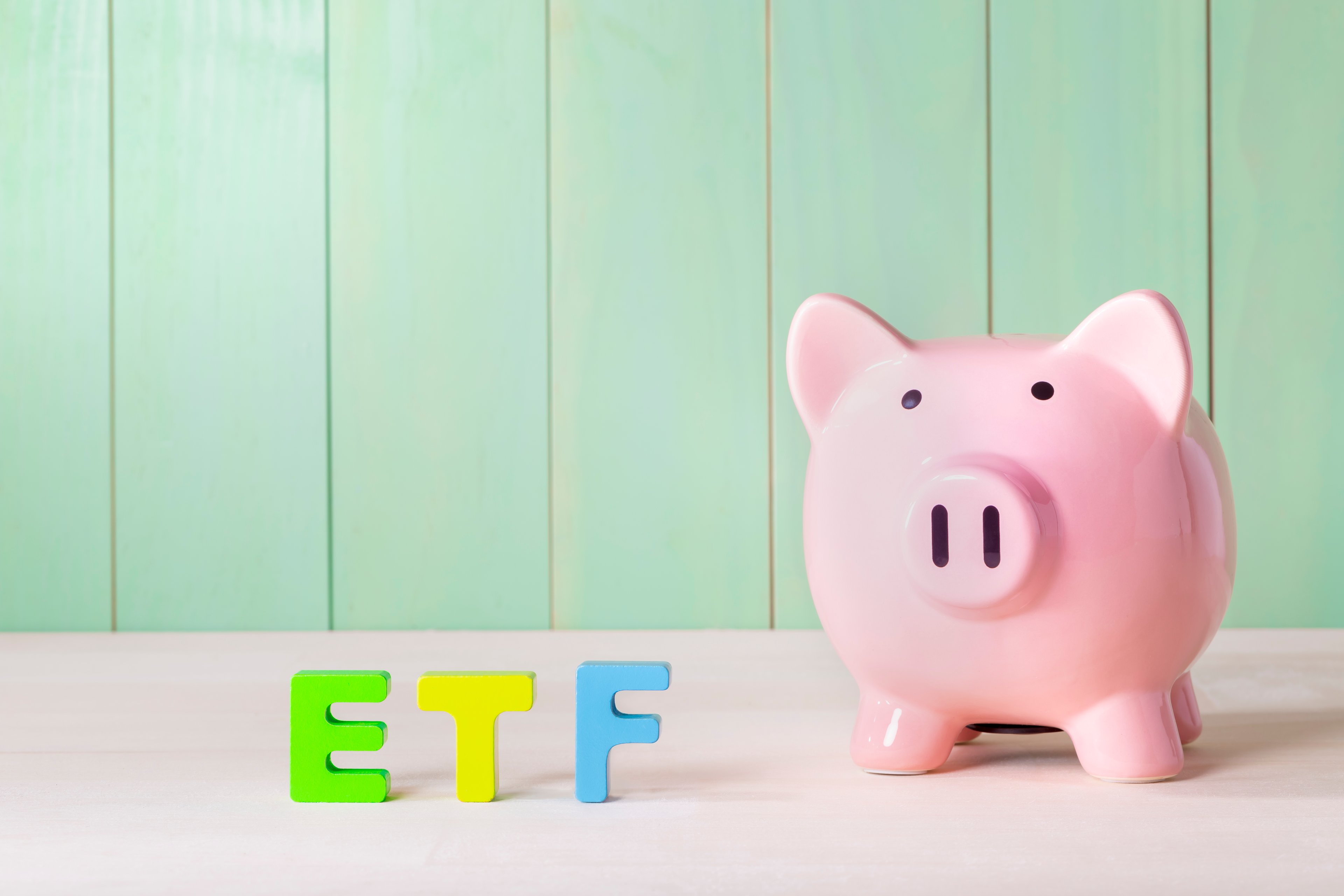Investor interest in artificial intelligence (AI) has skyrocketed over the last couple of years. That has led to massive gains for stocks like Nvidia and Palantir Technologies, which are heavily exposed to the technology.
Such stocks also carry a heavy level of volatility, which tends to deter more risk-averse investors. Yet those investors will still want to win in the market -- and if one wants to book respectable returns while keeping their risk factors in check, they may need to look at a different kind of investment.

Image source: Getty Images.
A safe AI investment
When investors are prioritizing safety, they may want to consider exchange-traded funds (ETFs). Investors can earn those AI-driven returns safely by investing in the Nasdaq through the Invesco QQQ Trust (QQQ 1.20%) ETF, which tracks the Nasdaq-100.
Admittedly, the 100 companies in its portfolio include plenty of stocks that aren't connected at all to the AI trend. Although investors correctly recognize that the Nasdaq-100 is a "technology-heavy" index, it also includes companies in industries from retail to hospitality to energy.
However, in terms of both stocks and weighting, AI stocks heavily influence this fund. Not surprisingly, its largest holding is the AI accelerator leader Nvidia, which makes up 9.9% of the index.
Moving down the list, Nvidia's Magnificent Seven counterparts, Microsoft and Apple, are the No. 2 and No. 3 holdings in the fund, making up 8.7% and 7.8%, respectively, of its assets. Rounding out the top five are Amazon and Broadcom. The other five tickers in the top 10 are Meta Platforms, Netflix, Tesla, and Google parent Alphabet's two tickers.
Of those top 10, all but Netflix are indisputably AI companies, and they combine to account for 52% of the fund's holdings. When one adds in smaller tech holdings like Palantir, Advanced Micro Devices, and Cisco Systems, it becomes obvious that the Invesco QQQ Trust is primarily an AI investment.
The Invesco QQQ Trust and its shareholders
Over the last 10 years, the fund has earned average net asset value returns of 18.5% annually, well above the 13.5% return for the S&P 500-based SPDR S&P 500 ETF Trust over the same period. That impressive longer-term result came despite downturns such as the sell-off in 2022, a year in which it lost one-third of its value, and 2025, during which it has gained about 10.7% year to date.

NASDAQ: QQQ
Key Data Points
Moreover, the Invesco QQQ Trust charges its investors an expense ratio of 0.2%. This means for every $10,000 they have invested in the fund, shareholders pay just $20 in management fees each year. According to the Investment Company Institute, the average ETF's expense ratio is 0.4%, so this fund's costs are reasonable.
Investors should also note that net asset value returns include expense ratios. That largely explains the difference between its 18.5% annual net asset value returns over the last 10 years and the Nasdaq-100 index's average annual return of just over 18.7% over the same time frame.
Furthermore, even if one spends the time to individually research and pick stocks, beating an 18.5% return in the long run is exceptionally challenging. That may lead some investors to conclude that they would likely earn higher returns by leaving their money in the Invesco QQQ Trust, reasoning that a 0.2% fee is a small price to pay for such returns.
An ETF with 100 companies may not be what every individual stock investor has in mind. Nonetheless, this fund allows you to invest in a broad portfolio with serious AI exposure cheaply and easily.





